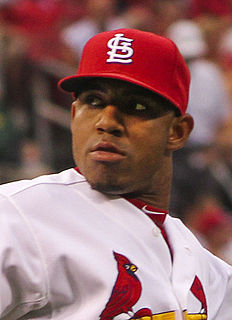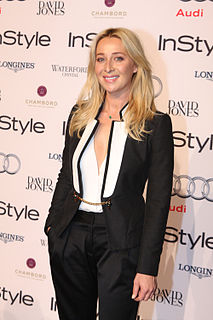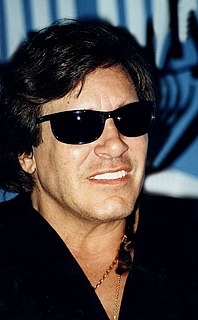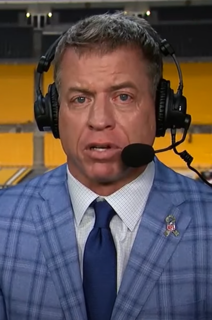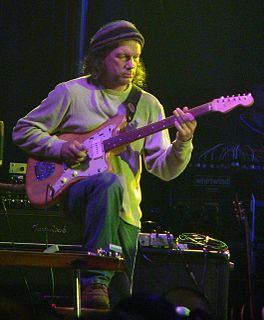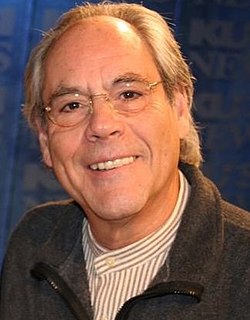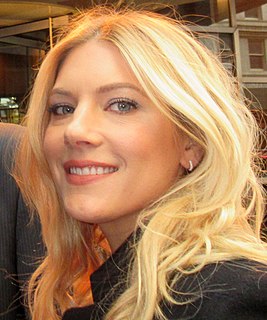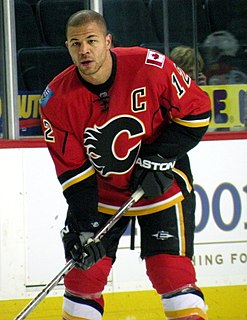A Quote by George Shearing
I studied with a blind teacher from about 5 until I was 16, at two different schools. From the age of 12 until 16, I was in a boarding school-which, I believe, at that time was compulsory for blind children.
Related Quotes
According to one account of the New York City schools during the 1950s: The teacher could not technically hit the child, but the old crones found ways of skirting the rules. The push-probe-pull method was popular, in which the teacher would not hit you, but would poke you with her gnarled, witch-like fingers and grab your face like a taffy pull until you screamed. ... The pull-and-choke was also a favorite. It was executed by pulling the compulsory necktie up like a noose, until the errant boy's face turned the school colors.
We always think, 'Well, for a person who's blind, it must be an amazing, joyful miracle if by some chance their sight is restored to them.' Now, this may be true for blind people who lost their vision at a later age. It's rarely true for people who were born blind or who go blind at a very young age.
We have been educated to such a fine - or dull - point that we are incapable of enjoying something new, something different, until we are first told what it's all about. We don't trust our five senses; we rely on our critics and educators, all of whom are failures in the realm of creation. In short, the blind lead the blind. It's the democratic way.

